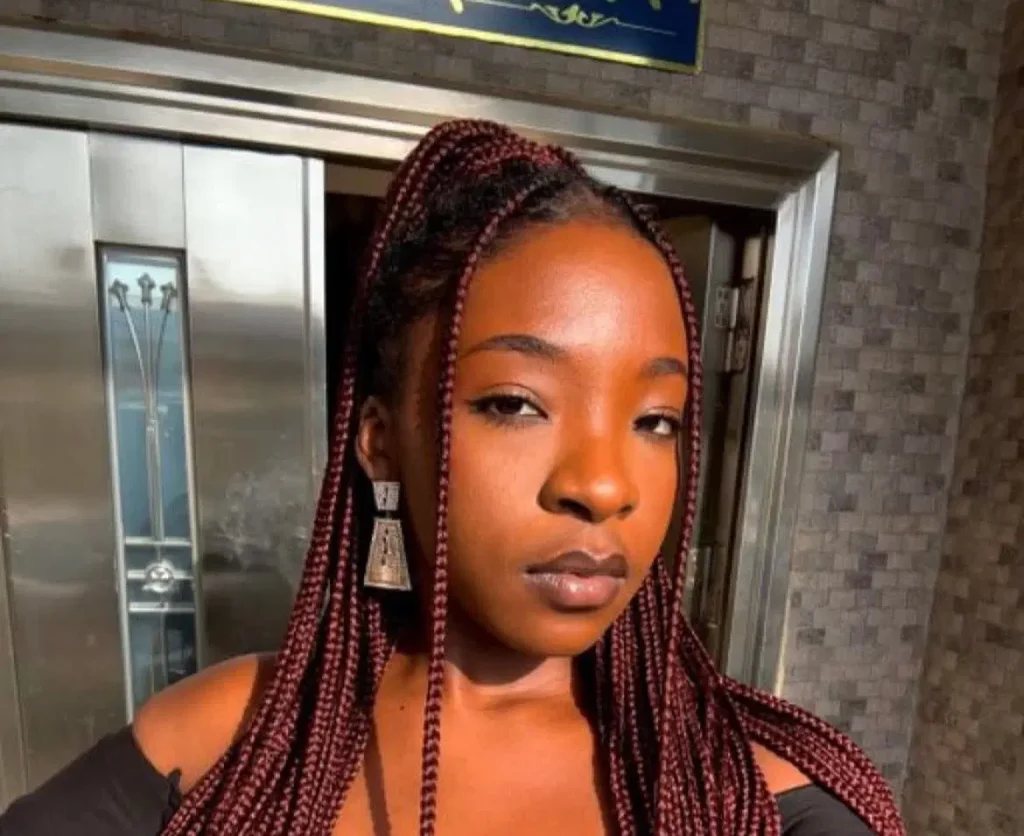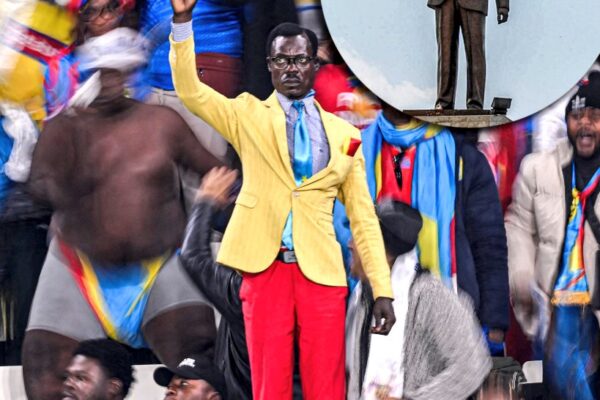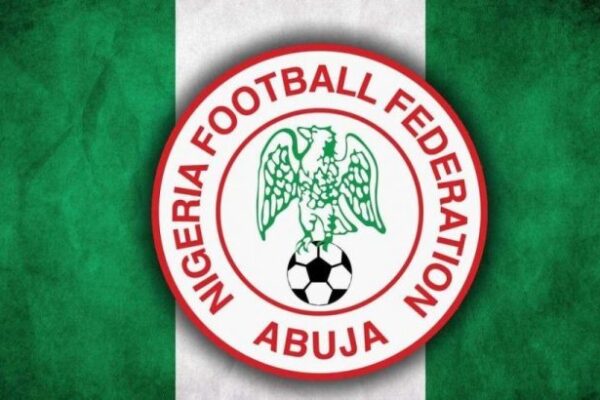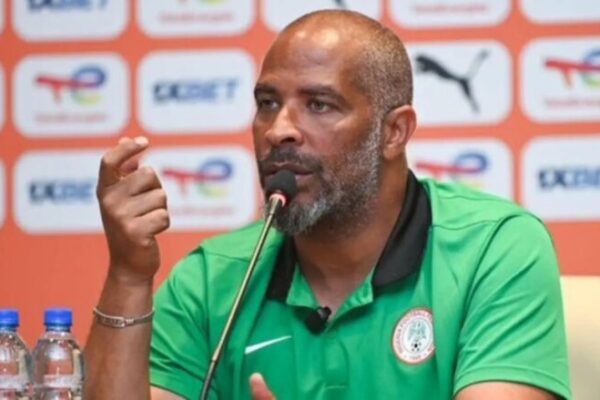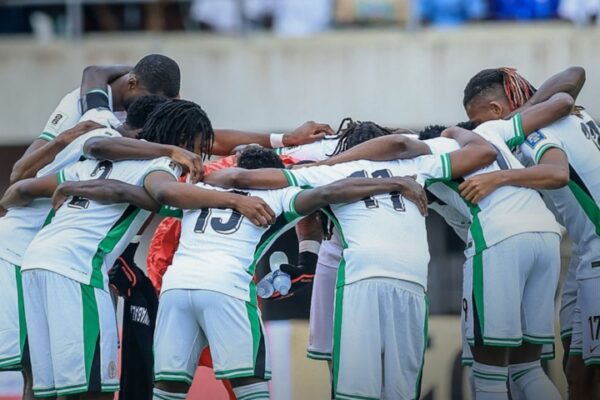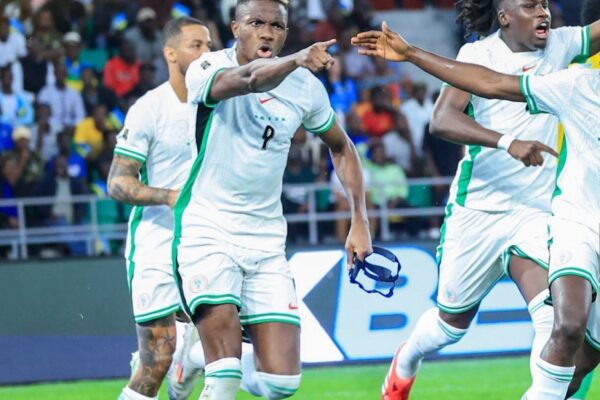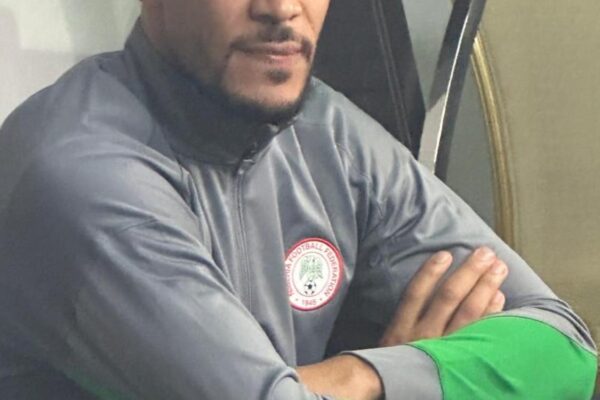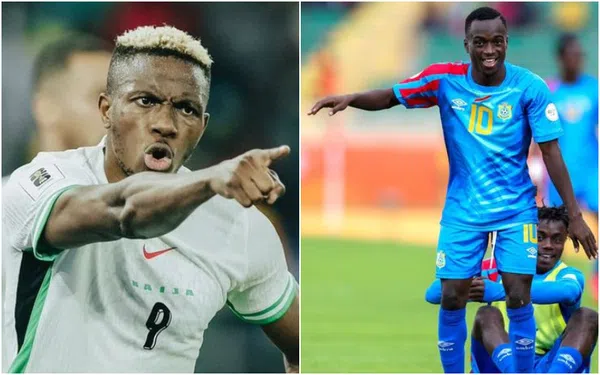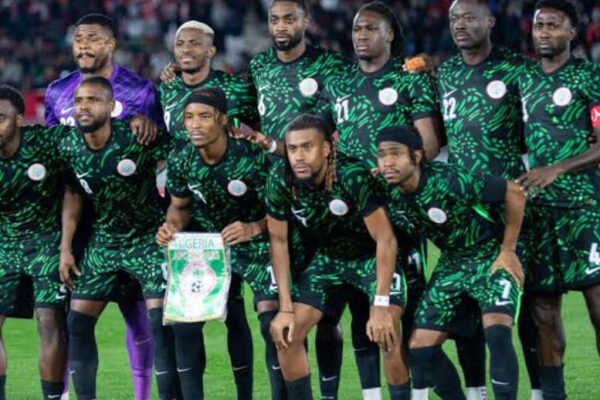
FIFA to Rule Monday on NFF Petition That Could Restore Super Eagles’ World Cup Hopes
Nigerian football fans are eagerly awaiting Monday, 16th February, when FIFA is set to rule on a petition filed by the Nigeria Football Federation (NFF) challenging the eligibility of six players fielded by the Democratic Republic of Congo (DR Congo) during the 2026 World Cup African play-off final. The Super Eagles were eliminated after a tense 4–3 penalty shootout defeat to DR Congo in November 2025, ending Nigeria’s hopes of direct qualification for the FIFA World Cup co-hosted by the United States, Canada, and Mexico. Following the loss, the NFF lodged its formal protest on 15th December 2025, claiming that the DR Congo players were ineligible due to recent nationality changes. Dr. Mohammed Sanusi, NFF General Secretary, expressed confidence ahead of FIFA’s decision: “We have a good case… we do not venture into what would be an exercise in futility.” Super Eagles midfielder Alex Iwobi also shared his cautious optimism, saying, “We are still waiting; hopefully we can go to the World Cup.” If FIFA rules in Nigeria’s favour, the Super Eagles could be reinstated in the qualification process and compete in the intercontinental play-offs in Mexico next month for a chance at one of the final two World Cup berths. Officials from DR Congo have rejected the allegations, citing FIFA’s eligibility rules that allow the players to represent their country. Critics argue that such disputes should be settled on the pitch rather than in legal petitions. With the ruling scheduled for Monday, millions of Nigerian football supporters are closely following developments that could dramatically alter the Super Eagles’ 2026 World Cup journey.

